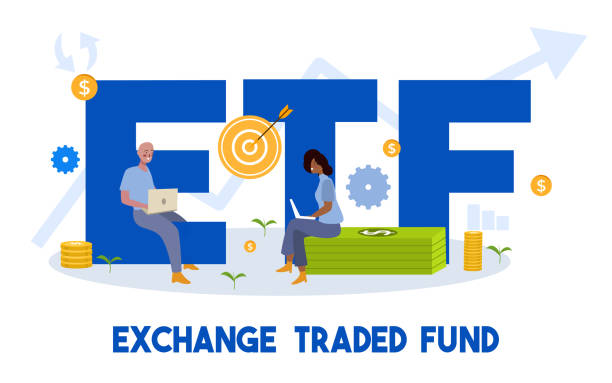Exchange-Traded Funds (ETF) have become a popular investment choice for Indian investors in recent years. But what exactly are they, and why are they gaining so much attention? Let’s break it down in simple terms.
What is an ETF?
An Exchange-Traded Fund (ETF) is a type of investment fund that is traded on stock exchanges, much like individual stocks. It holds a collection of assets such as stocks, bonds, or commodities. The key feature of ETFs is that they allow investors to buy a share of a diversified portfolio. This offers a way to invest in multiple assets with a single transaction.
ETFs track a specific index, sector, or asset class. For example, an ETF might track the Nifty 50 index, which includes the top 50 companies listed on the NSE India. This means that by buying one unit of the ETF, an investor gets exposure to all the companies in that index, without having to purchase each stock individually.
How Does an ETF Work?
ETFs are created by financial institutions, which group together a basket of securities that reflect a particular index or sector. Once the fund is created, the ETF is listed on an exchange, where it can be bought or sold by investors during trading hours.
The price of an ETF generally mirrors the performance of the underlying assets, such as an index. For example, if the Nifty 50 index goes up, the price of the Nifty BeES ETF will likely increase as well.
Example of an ETF:
A popular ETF in India is the Nifty 50 ETF. This ETF tracks the Nifty 50 Index, which represents the top 50 companies listed on the National Stock Exchange (NSE) of India. If you invest in a Nifty 50 ETF, you are essentially buying a small stake in each of these top 50 companies.
For instance, if the Nifty 50 ETF has 10 stocks from sectors like technology, banking, and energy, you will be indirectly investing in companies like TCS, HDFC Bank, and Reliance Industries.
Why Should You Consider ETFs?
- Diversification: By investing in an ETF, you get exposure to a wide range of assets, which helps reduce risk.
- Low Cost: ETFs generally have lower expense ratios than mutual funds, making them a cost-effective option for long-term investors.
- Liquidity: ETFs can be bought or sold during trading hours, providing liquidity to investors.
- Transparency: The holdings of an ETF are usually disclosed daily, so investors know exactly what they own.
Conclusion:
ETFs provide an efficient, low-cost, and flexible way to invest in the stock market. They are ideal for investors looking for diversification without the need for picking individual stocks. Whether you’re a beginner or an experienced investor, ETFs can be a valuable addition to your portfolio.
– Ketaki Dandekar (Team Arthology)
Read more about Exchange-Traded Funds (ETF) here – https://www.investopedia.com/etf.asp
